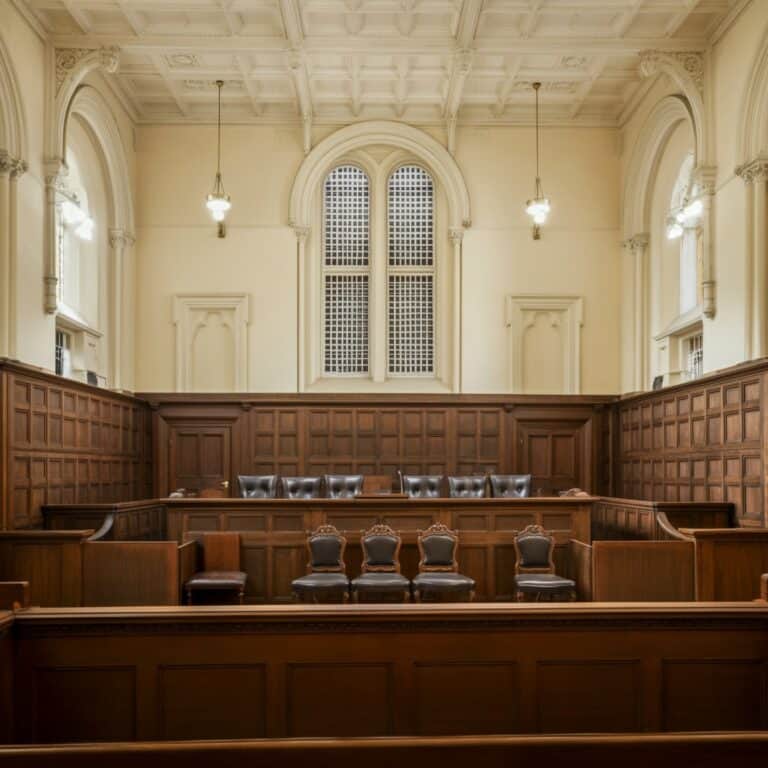If you or a loved one has sustained an injury due to an accident that was caused, at least in part, by someone else, you might want to bring an accident claim against them. While it can’t change what has happened, it can have a variety of benefits, both financially and beyond. Below, we’ll take you through the reasons why you should consider bringing a claim.
It can help you access rehabilitation and support
After an accident, prompt access to the right rehabilitation and support services offers you the best chance of recovery. You may need surgery, physiotherapy, workplace rehab or psychiatric care. Physiotherapists and other medical professionals can also help you learn how to adjust to your injury and can advise you on changes you can make to the way you do day-to-day tasks.
A compensation claim can protect your future
If you’ve suffered life-changing injuries, it can leave your financial future uncertain. You may find that you’re unable to return to your previous job, or even work at all due to your injuries. The compensation awarded for your accident claim can help you provide for yourself and your family, and face the future with confidence. This peace of mind can be invaluable in helping you focus on working towards the best possible outcome after the accident.
It can mean getting justice for what has happened
The process of bringing a personal injury claim includes proving that a third party was at fault and played a role in causing the accident that injured you. If this third party didn’t break the law – or if there isn’t enough strong evidence – you won’t be able to pursue criminal charges to get justice for what happened to you. A civil case requires less evidence to secure compensation, and may be the only way you can get legal acknowledgement of the wrong that was done to you and get the justice you deserve.
You can hold the wrong-doing party to account
Proving that a third party was at fault will mean that they’re held accountable for what happened to you. This can be particularly important if you sustained life-changing injuries that have had a debilitating impact on your life. Securing compensation and having the person or organisation who was responsible accept blame could be an important part of the emotional healing process.
It can help you get closure
Going through the litigation process can give you a sense of putting right the wrong that was done by the third party. Even if you aren’t successful in your claim, the mere act of bringing a compensation claim – therefore taking action for what was done to you – can help give you closure on this chapter of your life, and allow you to move forward and focus on the future.
It can help in preventing further accidents
When you bring an accident claim, it forces those responsible to examine what happened and question their practices or behaviour. By forcing them to investigate what went wrong, you’ll help shine a light on any problem areas that need to be changed – and you may even effect change. If lessons can be learned from what happened to you, it could prevent the same accidents occurring in the future, preventing others from suffering as you did.
What is the average compensation for accident and personal injury claims?
No two accident claims are the same, so it’s difficult to estimate the amount of you’ll be awarded. The amount will depend on the type and severity of your injury, how it affects your daily life, how likely it is that you’ll make a full recovery and the financial impact of the injury.
Your compensation will take two forms: general damages for pain, suffering and loss of amenity, and special damages for current and future financial losses. General damages is compensation for your actual injury, with the amount determined through determining the extent of your injury and consulting guidelines published by the Judicial College.
Special damages include compensation for the financial losses and costs you’ve incurred and are predicted to incur in the future as a result of your injury. It’s intended to put you in the position you would’ve been in had you not had the accident. Examples of what you can claim for include:
- Loss of earnings, including loss of promotion prospects and pension rights
- Private medical or therapeutic expenses
- Covering the value of help provided by family or friends, including their loss of earnings
- Professional care
- Disability aids and specialist equipment
- Adaptations to your home
- Travel expenses incurred by you and your family
If you’re unsure about making a claim you can contact us for free initial advice on the options available to you. Our team of highly experienced accident claims solicitors have successfully won many accident and personal injury claims, and can discuss your case over the phone or visit you at a time and place that is convenient to you.

















